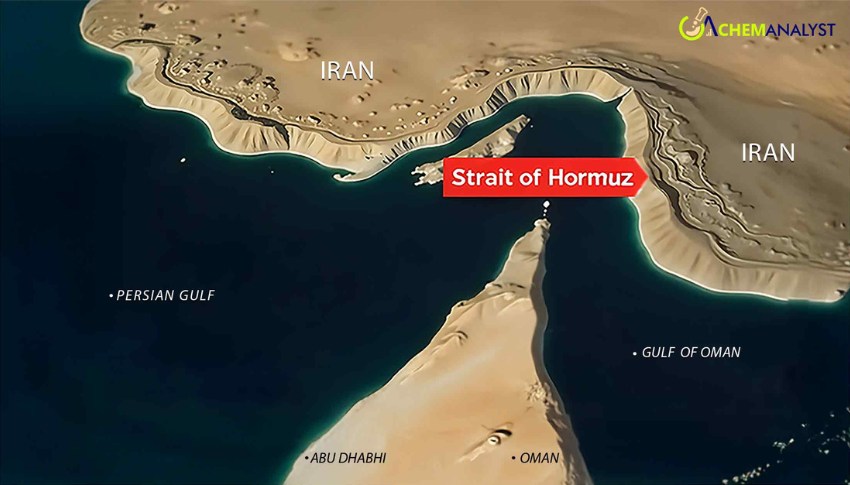Welcome To ChemAnalyst

Tehran's parliament approves a measure to block the vital Strait of Hormuz following US airstrikes on its nuclear facilities. If finalized by the Supreme National Security Council, it could trigger a sharp rise in global oil prices and severe economic instability.
In a dramatic escalation of Middle East tensions, Iran's parliament has given its nod to a proposal to close the Strait of Hormuz, a critical global oil chokepoint. This decision comes in direct retaliation for recent US airstrikes on three Iranian nuclear sites: Fordow, Natanz, and Esfahan. While the parliamentary approval signals a significant shift in Tehran's stance, the final and binding decision rests with Iran's Supreme National Security Council.
The Strait of Hormuz is not merely a waterway; it is the lifeblood of global energy supply. This narrow passage, connecting the Persian Gulf to the Gulf of Oman and the Arabian Sea, handles approximately 20% of the world's daily oil consumption – an estimated 17 to 20 million barrels per day. It serves as the sole maritime route for oil tankers carrying crude from major OPEC producers like Saudi Arabia, Iran, the UAE, Kuwait, and Iraq, predominantly to Asian markets. Beyond oil, a substantial portion of the world's liquefied natural gas also transits through this strait.
Should Iran proceed with blocking the Strait, the repercussions would be immediate and far-reaching. Global oil prices, already showing an upward trend with Brent crude surpassing $90 per barrel, are projected to surge dramatically, potentially reaching $120-$150 per barrel. Such a spike would trigger significant inflationary pressures worldwide, slow down supply chains, and could lead to a global economic recession. Shipping insurers are already factoring in new war-risk premiums, adding to the cost of trade.
Despite the grave threats, experts remain cautiously optimistic that a complete and sustained closure of the Strait is unlikely. Iran itself heavily relies on the Strait for its own oil exports, and blocking it would inflict severe economic self-harm. Such a move would also alienate key trade partners, notably China, Iran's biggest oil buyer and a crucial diplomatic ally.
Historically, Iran has threatened to close the Strait but has never fully followed through. While its navy possesses capabilities for harassment, including small, fast patrol boats, drones, and the potential use of mines, a direct confrontation with international naval forces, particularly the US Fifth Fleet, would be a high-stakes gamble. The international community, led by the US, is urging diplomatic intervention, with US Secretary of State Marco Rubio calling on China to use its influence to prevent the closure. The focus now shifts to Iran's Supreme National Security Council, whose final decision will dictate the trajectory of global energy markets and regional stability.
We use cookies to deliver the best possible experience on our website. To learn more, visit our Privacy Policy. By continuing to use this site or by closing this box, you consent to our use of cookies. More info.
